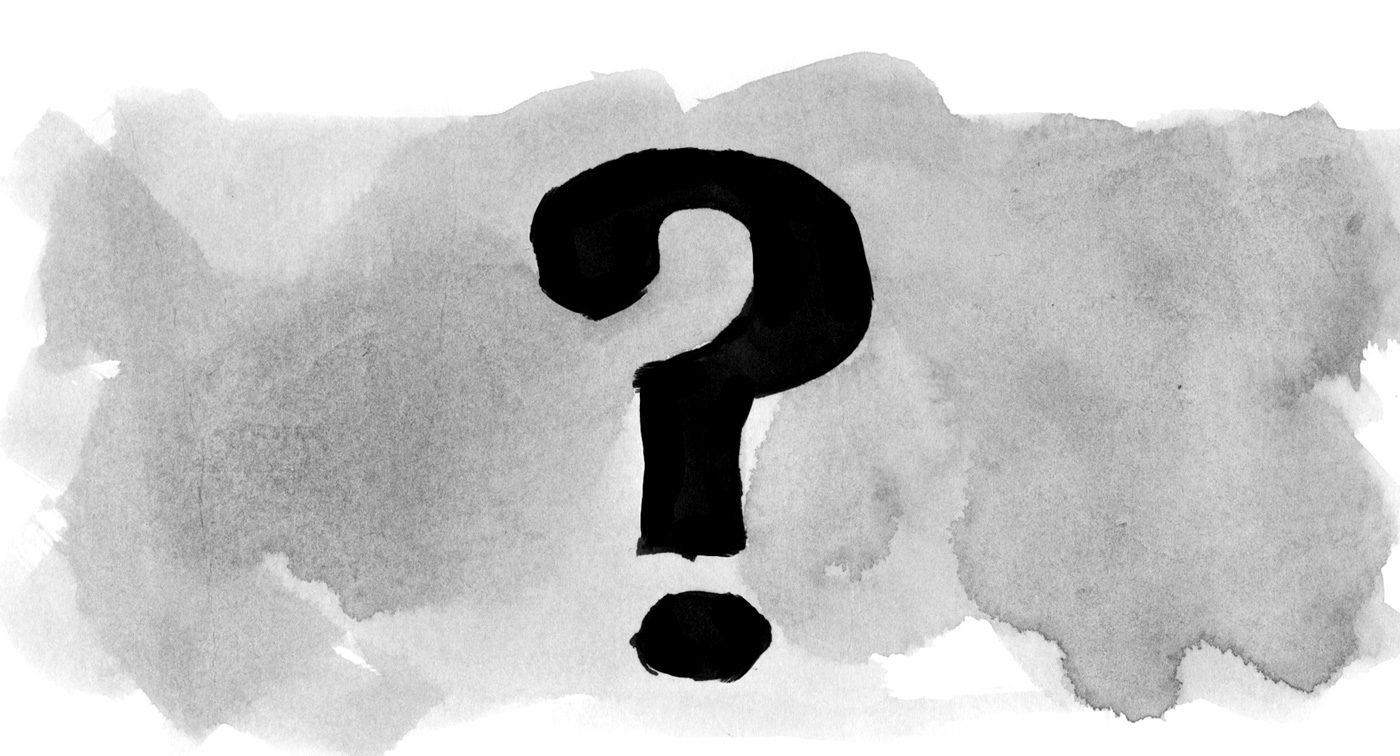Counselling involves the development of a relationship between a client and a trained professional that focuses on the client's concerns and difficulties. It is a process in which individuals have the opportunity to improve upon their understanding of themselves, including their patterns of thoughts, behaviours, feelings, and the ways in which these may have been problematic in their lives. Counselling can assist you to identify your own personal resources and capabilities, which are sometimes lost or buried in times of confusion and anxiety. Throughout this process you will be encouraged, supported and empowered to look at yourself from a different perspective. The aim is not only to help you cope with a current issue or crisis, but to do so in a way that produces learning for the future, so you can feel more in charge of your life.
We offer career counselling, family counselling, child and adolescent counselling, marital counselling and pre marital counselling and individual cousnelling.
Counselling is a dialog. It is not a teaching session. You present information, the counsellor offers ideas about that information and helps you explore different options available about the situation. Your counsellor can tell you what's probably going on with you, what seems to be happening, but it is only 'you' who can say if he is right. The process would help you to have clarity for yourself.
- it can offer a supportive non-judgmental and confidential setting in which you can explore any issue
- it can help you see issues more objectively
- it can help you express your feelings and come to terms with past experiences
- it can help you take control of your life and become more assertive
It may be an appropriate time to seek help if you are experiencing any of the following:
Feelings of helplessness and hopelessness.
Personal issues interfering with sleep, eating habits, concentration, low academic performance, poor relationships
Persistent worry
Prolonged sadness
Feeling depressed, lethargic, or apathetic .
Thoughts of suicide or wanting to harm oneself or others
Increased irritability, inappropriate mood swings,
Angry outbursts
Indecisiveness or difficulties making decisions
Concerned about behaviour or psychological status of someone else (e.g., partner, family member or a peer.
If you have a difficulty like one of those mentioned below then counselling or psychotherapy should lead to resolving it. If you've lived with it for a while and it hasn't got better, then now could be a good time to get to grips with it. Counselling and psychotherapy can help with:
- Relationship issues
- Work difficulties
- Family problems
- Feeling stressed
- Separation or divorce
- Losing a loved one
- Envy and jealousy
- Feeling confused
- Guilt feelings
- Difficulties with decisions
- Emotional and sexual abuse
- Anger management
- Anxiety and worry
- Difficulties with children
Not easy to answer. Some people find that a few sessions make a real difference - just by gaining some new perspective about a problem. But most people find it more productive to be in therapy for quite a few months of weekly sessions . There is no particular time table or schedule. Apart from the counsellor's skills it also depends on The openness, readiness and commitment of the client The nature of trauma one has undergone
The coping abilities of each individual and, of course
The support system available as the therapy is going on
You can either send us a mail or call us (either the landline number or mobile number) to make an appointment.

